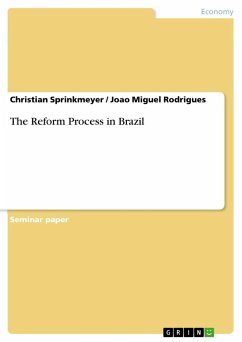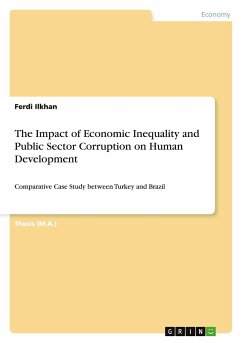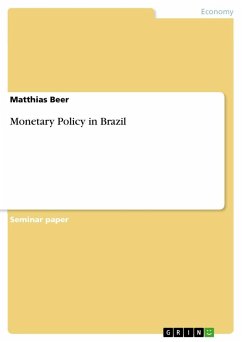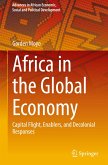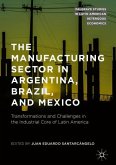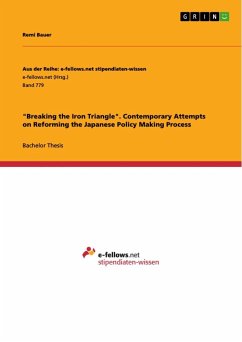Seminar paper from the year 2009 in the subject Economics - Case Scenarios, grade: 1.3, Otto Beisheim School of Management Vallendar, language: English, abstract: This paper analyzes the path that Brazil?s economy has taken to reach today's status; the status of a stable economy that shows high potential to meet the challenging expectations that economists set on it. The idea is to source the roots of the economic stability and performance of Latin America?s largest country and to highlight the implications it will have in the near and remote future.Chapter 2 focuses on the Real Plan launched in 1994. A set of reforms which transformed Brazil's economy from a protected economy facing four-digit inflation rates into a stable economy capable of competing with developed economies. It discusses the implementation of the Real Plan, its measures and its positive and negative consequences for the Brazilian economy.Furthermore we are going to deal with the recent past of Brazil's economy since the presidential elections in 2002, when the leader of the workers' party Lula da Silva was elected. We focus on the economic policy of the president and its government, whose election has almost led to the default of the Brazilian state because financial markets were afraid that the socialist candidate would pursue a 180 degree turn compared to the neoliberal economic policy of his predecessor. We analyze why Brazil was one of the last countries being affected by the financial crisis and why itwas one of the first to leave it behind.
Hinweis: Dieser Artikel kann nur an eine deutsche Lieferadresse ausgeliefert werden.
Hinweis: Dieser Artikel kann nur an eine deutsche Lieferadresse ausgeliefert werden.

